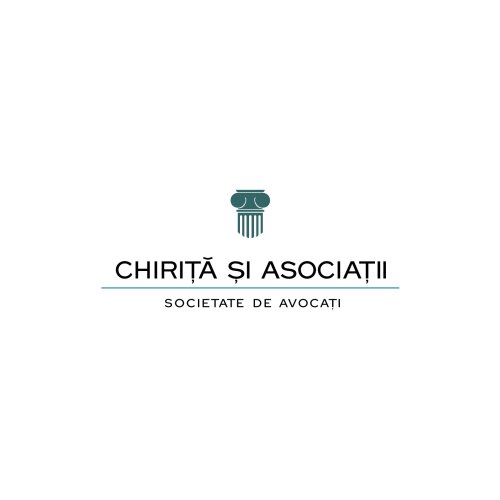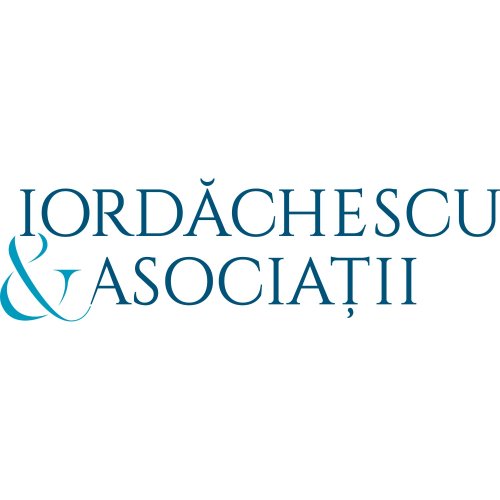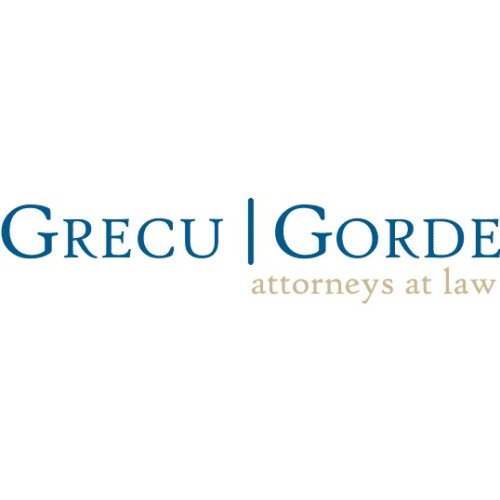Best Discrimination Lawyers in Cluj-Napoca
Share your needs with us, get contacted by law firms.
Free. Takes 2 min.
List of the best lawyers in Cluj-Napoca, Romania
About Discrimination Law in Cluj-Napoca, Romania
Discrimination in Cluj-Napoca, as in the rest of Romania, is governed by Romanian national laws, which are aligned with European Union directives. Discrimination can occur in various settings including employment, education, housing, and access to public services. It involves unfair treatment based on characteristics such as race, ethnicity, gender, age, disability, sexual orientation, or religion. As a prominent city in Romania, Cluj-Napoca has a diverse population and reflects the broader national commitment to ensuring equality and combating discrimination.
Why You May Need a Lawyer
Individuals may require legal assistance in discrimination cases for several reasons. Common situations include being unfairly treated in the workplace, experiencing biased educational admissions processes, or being denied services in public accommodations. A lawyer can help navigate the complexities of these cases, protect your rights under Romanian law, and provide representation in disputes, complaints, or legal proceedings. Legal assistance may be crucial in gathering evidence, understanding your legal standing, and pursuing any compensation or redress the law provides.
Local Laws Overview
Romania’s anti-discrimination framework is enshrined in the Constitution of Romania, the Anti-discrimination Law No. 48/2002, and various other legislative pieces that align with European conventions. In Cluj-Napoca, discrimination claims are particularly significant in employment and educational settings. The National Council for Combating Discrimination (CNCD) is the main governmental body addressing these issues. The law provides for equality in opportunity and aims to protect individuals against any direct or indirect discrimination based on their personal characteristics or status.
Frequently Asked Questions
What constitutes discrimination under Romanian Law?
Discrimination is considered any distinction, exclusion, restriction, or preference based on race, nationality, ethnicity, religion, social category, beliefs, sex, sexual orientation, age, disability, or chronic non-communicable disease.
How can I prove discrimination occurred?
Evidence may include direct communications, testimonies, and any documentation of the discriminatory action. A lawyer can help you assemble and present this evidence effectively.
Can I file a complaint anonymously?
Complaints to bodies like the CNCD cannot be anonymous as you are required to provide personal information to proceed with a case.
What are the potential consequences for those found guilty of discrimination?
Consequences may include fines, mandatory corrective measures, and potential civil liability for damages caused by the discriminatory actions.
Who can help me with a discrimination case in Cluj-Napoca?
Legal practitioners specializing in human rights or employment law, NGOs, and public institutions like the CNCD can provide guidance and representation.
Is there a time limit on discrimination claims?
Yes, typically a discrimination claim must be filed within one year from the date of the alleged act. However, specific timeframes may depend on the nature of the claim.
Can a lawyer help me settle a discrimination case out of court?
Yes, a lawyer can negotiate on your behalf and potentially reach a mutually agreeable settlement without proceeding to court.
Are there any protections against retaliation for filing a complaint?
Yes, Romanian law prohibits retaliation against individuals who file discrimination complaints. Any retaliatory acts may also constitute separate legal violations.
Can discrimination laws be applied to temporary residents or non-citizens?
Yes, discrimination laws extend protections to all individuals in Romania, regardless of their citizenship or residency status.
Where can I learn more about my rights and obligations?
Consult the CNCD or local legal experts who can provide detailed information pertinent to your circumstances.
Additional Resources
Several resources can be invaluable in discrimination cases. The National Council for Combating Discrimination (CNCD) is the primary body handling these cases. Human rights organizations such as the Romanian Helsinki Committee and the Association for the Defense of Human Rights in Romania - The Helsinki Committee (APADOR-CH) can provide assistance and information. Legal aid organizations may also offer support for those unable to afford private counsel.
Next Steps
If you suspect you have been a victim of discrimination in Cluj-Napoca, consider consulting with a local lawyer specializing in discrimination law. Document all related incidents carefully and contact the CNCD to understand your rights and the complaint process. You may also reach out to local NGOs and legal aid services for additional support. Understanding your rights and enlisting professional legal assistance are crucial steps toward resolving your case effectively.
Lawzana helps you find the best lawyers and law firms in Cluj-Napoca through a curated and pre-screened list of qualified legal professionals. Our platform offers rankings and detailed profiles of attorneys and law firms, allowing you to compare based on practice areas, including Discrimination, experience, and client feedback.
Each profile includes a description of the firm's areas of practice, client reviews, team members and partners, year of establishment, spoken languages, office locations, contact information, social media presence, and any published articles or resources. Most firms on our platform speak English and are experienced in both local and international legal matters.
Get a quote from top-rated law firms in Cluj-Napoca, Romania — quickly, securely, and without unnecessary hassle.
Disclaimer:
The information provided on this page is for general informational purposes only and does not constitute legal advice. While we strive to ensure the accuracy and relevance of the content, legal information may change over time, and interpretations of the law can vary. You should always consult with a qualified legal professional for advice specific to your situation.
We disclaim all liability for actions taken or not taken based on the content of this page. If you believe any information is incorrect or outdated, please contact us, and we will review and update it where appropriate.











